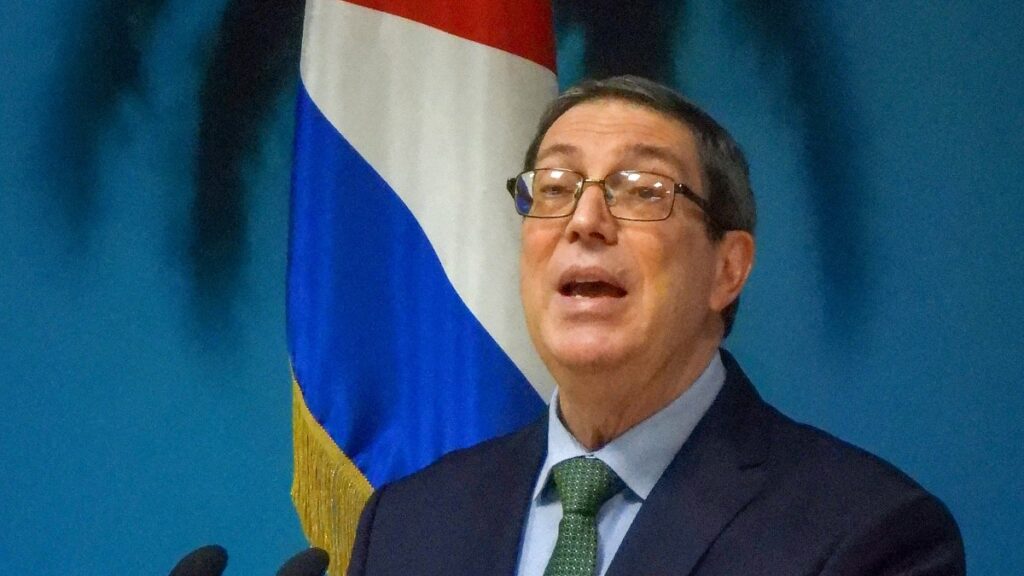Cuba denies US allegations of mercenary activity in Ukraine and insists the embargo is a form of collective punishment.
Published On 29 Oct 2025
The United Nations General Assembly has overwhelmingly called for an end to a US economic embargo on Cuba for a 33rd year, despite lobbying by Washington that included sharing an accusation that up to 5,000 Cubans are fighting alongside Russian forces in Ukraine.
It adopted a resolution with 165 votes in favour, seven against and 12 abstentions. Unlike previous years, the US convinced Argentina, Hungary, North Macedonia, Paraguay and Ukraine to join it and Israel in voting against the resolution.
Recommended Stories
list of 3 itemsend of list
Last year, the General Assembly adopted the resolution with 187 countries voting in favour. The United States and Israel were the only countries that voted against it, while Moldova abstained.
Cuba has rejected as unfounded the US claims and released information on legal proceedings against Cubans for mercenary activity in Ukraine. Communist-run Cuba has openly sided with its ally Russia in the conflict while also calling for peace talks.
The UN vote carries political weight, but only the US Congress can lift the Cold War-era embargo. The 193-member UN General Assembly has adopted the resolution annually for more than three decades – except for 2020 during the COVID pandemic.
“The blockade is a policy of collective punishment,” Cuban Foreign Minister Bruno Rodriguez told the assembly before the vote. “It flagrantly, massively and systematically violates the human rights of Cubans. It makes no distinction between social sectors or economic actors.”
“Cuba will not surrender,” he said.
Before the vote, US ambassador to the UN, Mike Waltz, described the annual exercise as “political theatre” by Cuba to “cast itself as the victim of aggression while plainly describing itself as ‘the enemy of the United States’.”
“I would suggest that our member states stop appeasing the regime with their votes and instead use this vote to send the world a message,” Waltz said during the General Assembly debate Tuesday, adding that the vote also could signal to Cuba not to “blame all of its economic problems on the United States.”
Deputy US ambassador to the UN, Jeff Bartos, said on Wednesday that a vote in support of “this regime gives it the excuse or seeks to wash its hands of any culpability for its financial crisis and continue to play the blame game instead of implementing meaningful reforms”.
“The United States will continue to promote accountability for the communist regime, and their reprehensible behaviour on and off the island,” he told the assembly after the vote.
The United States consistently has voted against the UN resolutions since 1992, but abstained for the first time in 2016 under former President Barack Obama, as Washington and Havana forged a closer relationship.
Washington then returned to opposing the resolution under President Donald Trump’s first administration. Trump also rolled back nearly all measures taken by Obama to ease the embargo and improve ties between the United States and its old Cold War foe.
The United States continued to vote no under Trump’s successor, President Joe Biden’s administration.

